Indie author Sue Millard cautions authors against indiscriminate like-fests on Facebook, Twitter and other social media. Instead, she recommends her own more effective technique for making the most of social media's marketing opportunities.
There are lots of Like-Fests happening on Facebook and Twitter this autumn. I have to admit I prefer Facebook, where I can let off steam in closed forums, to the relentlessly public Twittersphere. Both of their live feeds seem to me mostly endless streams of semi-consciousness, studded with occasional monuments to stupidity or with even rarer gems of wit.
I've been developing a strategy for getting the most out of the potential of social media that will, I hope, also stave off their potential for time-wasting irritation. It’s much too easy to spend hours every day submerged in the babble online instead of attending to my characters who should be emerging onto the pages of my next book.
My Social Media Strategy
The technique that is working best for me has been to link my Facebook profile to my Twitter one. I post on Facebook alternately as my personal profile and as my author page and both feed into Twitter. I also feed Facebook from my blog; when a post goes live I link it through to Facebook, and that then feeds into Twitter with a shortened URL to fit into its 140 character limit.
I have noticed that if sales on Amazon have gone quiet, a blog post will often start things off again.
Another point I should make is that I don’t try to be likeable any more. I just post what is rattling my cage, whether with joy or fury. Getting people to take notice is the main thing. Take “as read” the Wildean quotations, please.
Dealing with the Dislikes
First, I've decided I won't Friend people willy-nilly, not even if I have joined one of the Facebook love-ins. I just want to be offered an author page or a business page that I can Like. Occasionally, if people send a private message and I find their interests are similar to mine, I will Friend them or Follow on Twitter. Otherwise, no. I'm not that promiscuous.
Second, when I read a page profile — or whatever you like to call the text that will appear automatically next to the URL link to a Facebook page — I will filter it out if any of the following conditions are true:
- The writer can't spell, or deliberately spells in an arbitrary or Txt Spk manner.
- The sentences don't make sense or the writer has committed typos such as “which” for “while” and not bothered to correct them.
- The writer starts with the words “I was born…” and continues with personal, family and geographical history that should be on a personal page.
- The writer’s chosen writing themes are erotica, same-sex romance/erotica, paranormal, vampire/werewolf fantasy, politics, religion, gossip/celebrities, personal angst (including some poetry), horror or sci-fi.
- The writing reveals a sloppy-thinking, careless, inexpert or poor storyteller.
Any of these things mean that I will not Like that page.
Such writers may connect with lots of other people who will Like their pages for (or in spite of) the above points, but these, specifically, are not my bag. Probably the people who enjoy my writing won't follow them. I suspect the reverse may also be true, so why should we exchange Likes in a pointless manner?
Loving the Likes
I will usually Like or Follow authors of non-fiction, because they have to have done their homework thoroughly before they got going and they can't rely on glitz to carry them through. I do like an expert.
In fiction, I will Like or Follow writers of novels, short stories, historical fiction (and I don't exclude romance unless it is modern chick lit in petticoats and breeches), literary fiction, most (but not all) equine, canine, feline or wildlife topics, adventure, humour, well-crafted crime/thrillers and well-crafted, thought-provoking poetry. I also Like or Follow artists, if I like the images they supply of their work. Oh, and editing and proofing services. Yes, this list is longer than the Dislikes – just.
Did I mention that I like an expert?
I don’t fret if this means that some of the other participants in a Like-Fest don’t reciprocate. The discrimination is meant to preserve my sanity. It's nothing personal.
Now, please excuse me while I go and do some writing.

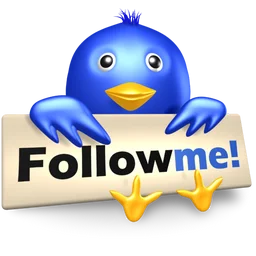
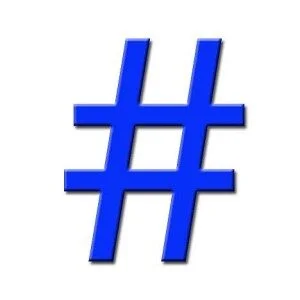
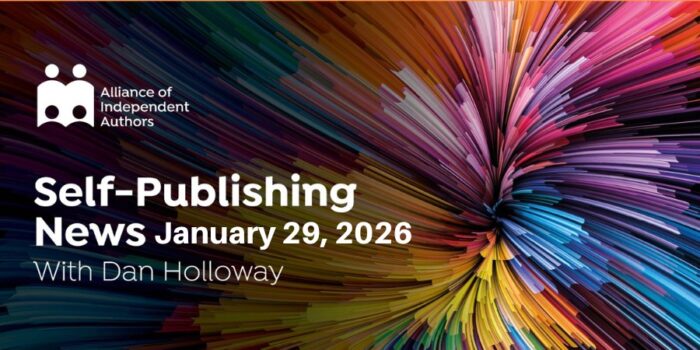
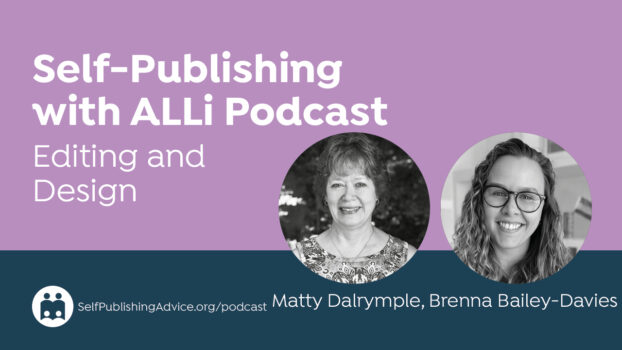
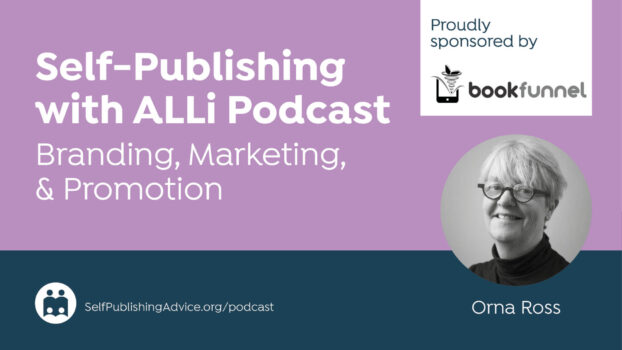
I’m looking forward to the London Book Fair next week and meeting real people with a glint in their eye. The people I ‘meet’ on social media fade very fast into the maelstrom of noise and chatter you are exposed to at Victoria station.
[…] Why This Indie Author is Dispensing with Social Media Like-Fests by Sue Millard […]
I have met the only new friends for years through one or other, they are few but they are loyal and precious. Yet I have become swamped by the time it all takes and have written nothing new except blog posts for the past year.
I have three books waiting for completion and attention yet without the so called platform underpinned and sustained they are unlikely to thrive if I turn to them. Any reference book that tells how social media can be integrated, filtered, sieved and refined to reach only those of like-minded interests, and minimize the meaningless would be gratefully received.
Thank you for the common sense approach. So much on the web is banal or self gloryfiying, and I absolutely hate the so called “Experts”, who say they have somthing great to offer you, when in reality, only want to sell you something for 100s of £/$.
[…] Why This Indie Author Is Dispensing With Social Media Like-Fests […]
Seems I struck a chord with most of you 🙂 Keep on keeping on, then!
Sue
Sue, you have said what I’ve been thinking for a long time. Facebook can steal time when I could be working with my own characters.Thank you for the timely reminder. Good idea to link with your Twitter feed. I don’t know how authors find time to write and blog and self publish. And I so wish so much sitting wasn’t involved. Not a good sentence huh? But the day calls.
Hi Sue, Thanks for your perspective on the social media like and/or love fests.
I have personally gotten burned out on Facebook. The constant scrolling, the same people in groups that only replied to and liked each other’s posts–became increasingly annoying to me. It felt like high school all over again.
I personally like Twitter more for building relationships with other writers–and readers. I set up a few posts during the day on Hootsuite that I want to share, but also I am on the internet finding other pertinent factoids that are interesting, and tweet those as well. The tweets update on my personal Facebook profile, and I keep some and delete others. I use Scoop.it for content curation that is automatically updated on my blog Facebook page.
I check in on Hootsuite usually only once a day to thank others for the follows, retweets, mentions, and sometimes direct messages.
This tactic has given me tremendous freedom to put my focus back on my writing–where it belongs.
I use Facebook mainly for talking to friends, so I never accept requests these days from someone I don’t know – too often in the past I’ve had people I don’t know giving me or worse still my friends grief because we’re being political (well, if they knew me they’d know I’m an activist) or talking about our pet furries. On Twitter, however, I’ll follow back anyone who’s a real person and not a “marketing expert” – I use twitter lists if I want to filter my timeline. I absolutely agree with Pete about those lovely unsolicited messages – the worst are people who send messages as soon as you follow them on twitter saying “thanks for following, check out my xxx”
a Like is insincere appreciation and an example of a totally unqualified potential reader. Stick with the Niche You are most comfortable with and watch what happens next.
Not sure where that expression ‘hash’ mark came from when really the # symbol is a ‘hatch’ mark. More accurately, it is a ‘cross hatch’ mark. Both hatching and cross hatching were methods by which early artists sketched shading into their pictures, especially if converting to etching. ‘Hash’ is something (far from palatable) that you eat. Oh well, nothing turns on it.
Hello Sue, YesI do Like your post. Facebook can be addictive. I have too much busness on my plate to get deeply involved with FB or TWtr. I seek out Groups that are copesetic wth my small business expertise. I have two “How to” books out there in the digital world, wth Amazon and Smashwords in addition to launches coming up for E-novels.
Stay well… Warren.
Sue,
Your post is the best one I’ve seen since I started to write (two years now). You have captured my own thoughts on social media. LinkedIn is slightly more constrained but creeping commercialism may soon render it useless.
Keep up your sensible blog/posting.
RDM
Bold post. 🙂
I’m less picky. I’ll follow writers, any writers, regardless of how they choose to express themselves. The key to narrowing what I SEE in my feeds is to create lists. The only thing I refuse to do is take a requested action if it comes to me in an auto-response after clicking their follow button. Auto-responses do my head in. I just don’t understand how people think an instant message with a link to their book is going to make anyone buy it!
Great reply.
I defriend anyone who sends me a message soliciting a “like” or an event, unless I know the person.
Oh that’s such a shame. You may get to like or know the person eventually. They may have chosen you especially. And we all have to start somewhere! No point in asking you to like my author page then.